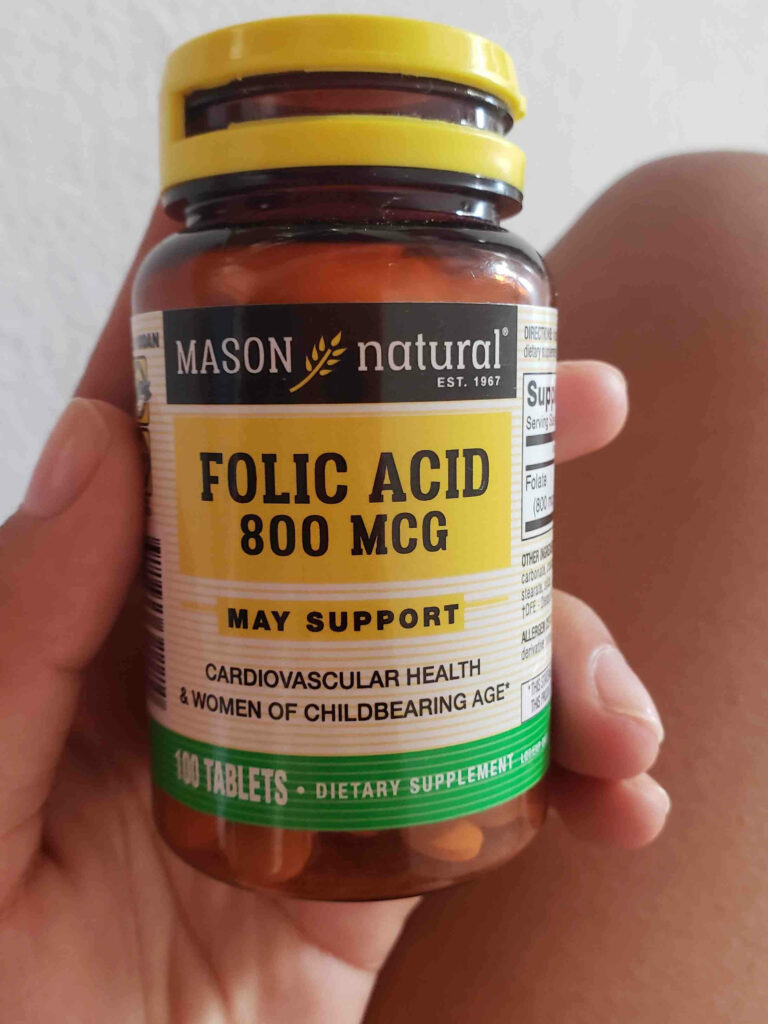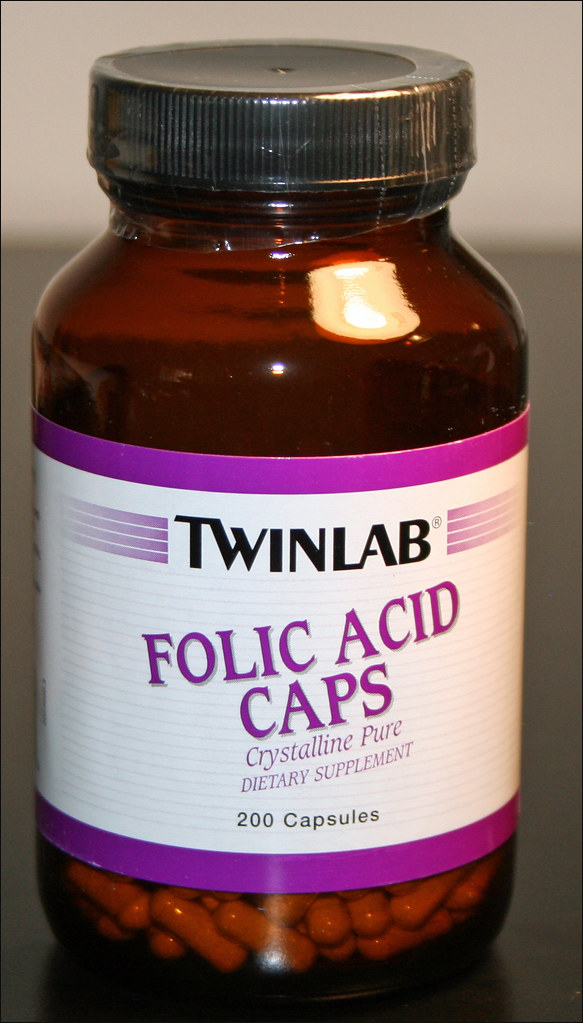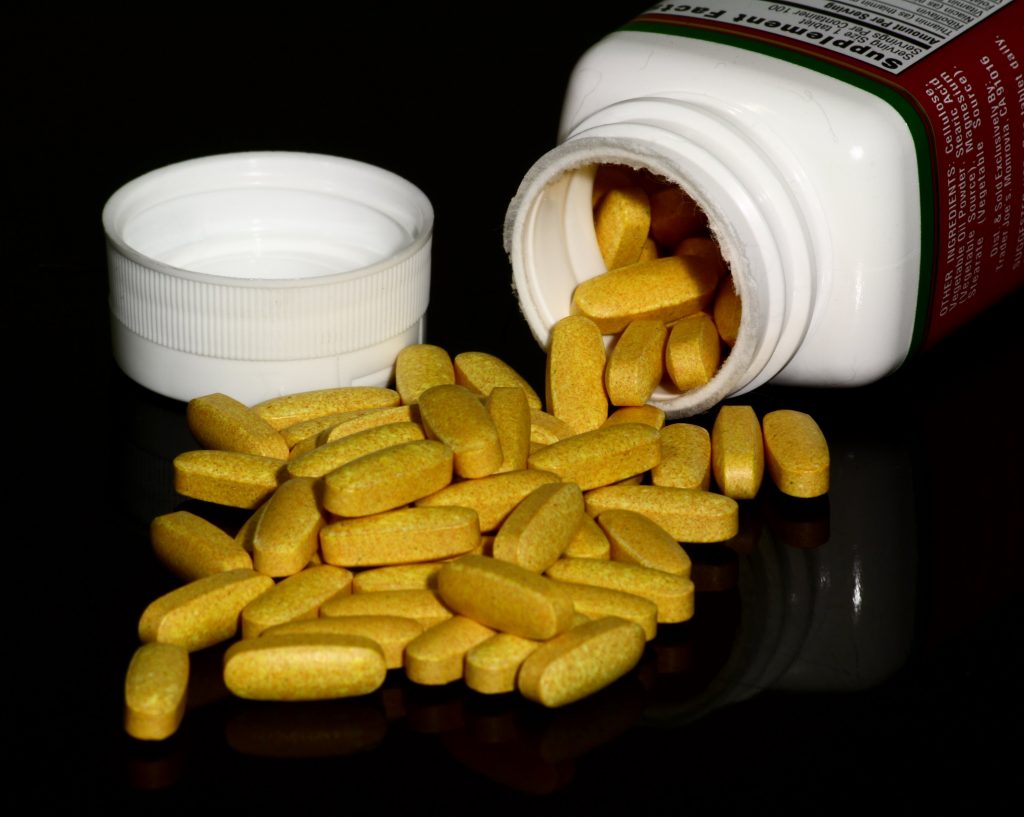Folic acid, also known as folate or folacin, is a B vitamin reputed for protecting against heart disease and congenital disabilities. If adults had an adequate amount of this vitamin, thousands of deaths from cardiovascular disease could be prevented each year in the United States alone. Besides, the number of congenital disabilities could be cut nearly in half.
However, our body cannot retain this water-soluble vitamin for long; the excess is excreted in the urine. Even more complicated, half of the folic acid content in foods is lost through cooking, processing, or long-term storage. It is where supplements come in useful (particularly a mix of high-potency vitamin B12 with folic acid).
Health Benefits:
Folic acid is involved in cell division. Red blood cells are generated, helping wounds heal, building muscle, and producing brain and nervous-system chemicals suitable for the immune system.
• Reduce the risk of heart disease and stroke
Folic acid seems to be good at regulating the body’s production and use of homocysteine.
Homocysteine is an amino acid-like compound that can contribute to the buildup of dangerous plaque in blood vessels that causes heart disease and stroke. A study in the Netherlands has recently shown that folic acid may reduce cardiovascular risk in those with a family history of high cholesterol. Folic acid lowers blood levels of homocysteine and helps blood vessels to dilate.
• Combat depression
Low blood levels of folic acid are often related to people who are depressed. The high levels of homocysteine associated with some forms of depression are also considerably reduced. Thus, supplementing folic acid as part of a vitamin B complex is often recommended to combat depression.
• Improve fertility and prevent congenital neurological disabilities

When taken as part of a B-complex vitamin containing both biotin and vitamin B12, folic acid can strengthen the reproductive system in women having trouble conceiving. Folic acid also ensures normal cell replication and participates in the formation of DNA and RNA, making it indispensable for healthy fetal development. Studies yet to be confirmed but quite encouraging support that if a woman takes adequate amounts of folic acid when she conceives, and during the first three months of pregnancy, the risk of a baby with spina bifida or other congenital disabilities is decreased by nearly 50%.
• Fight Anemia
If you have anemia caused by a deficiency of folic acid or vitamin B12, taking folic acid may be beneficial to boost your production of red blood cells. However, ensure always taking the two vitamins together, and under a dietitian’s advice, because a high intake of one can mask a deficiency of the other. Note that vitamin B12 deficiency can cause irreversible nerve damage and dementia.
• Slows the progress of multiple sclerosis
Sclerosis is a disabling nerve disorder in some people who are low on vitamin B12 or have trouble processing it well. Hence, taking a vitamin B complex, plus extra vitamin B12 and folic acid, can help maintain nerve structure and brain function.
There are different forms of folic acid supplements:
Powder, tablet, capsule, and liquid.
Recommended Daily Intake: 400 mcg
What if you are getting too little from your nutrition?
Moderate folic acid deficiency does not expose you to the symptoms, but it does increase your vulnerability to heart disease. In women, a lack can increase the risk of child malformation. In rare cases, a severe deficiency may lead to a severe form of anemia called megaloblastic anemia, chronic diarrhea, a sore red tongue, and poor growth in children. Those most susceptible to a severe deficiency are alcoholics, people on certain types of medications (for epilepsy or cancer), and people with disorders affecting their absorption of nutrients, such as Crohn’s disease or celiac sprue.
What if you are getting too much from your nutrition?
The National Academy of Sciences reports that the daily intake of folic acid in adults should not exceed 1,000 mcg. Very high doses of this vitamin offer no additional benefit. Worse, high doses can cause seizures in people with epilepsy.
General Dosage Information

Tips:
– Always take a folic acid supplement together with vitamin B12.
– Taking folic acid under the tongue enhances absorption.
– If you hate pills, you can try mixing the folic acid powder into fruit juice or milkshake.
Daily recommendations:
– For healthy adults: 400 to 800 mcg through foods and supplements.
– For heart disease prevention and multiple sclerosis: 400 mcg.
– For female infertility and depression: One B-50 complex pill + 400 mcg folic acid;
– For women trying to conceive and to prevent congenital disabilities: 800 mcg a day.
Since a considerable amount of fetal development will already have taken place before your positive pregnancy test, you may consider taking your folate supplement at least three months before you start trying to get pregnant.
I hope this post will be helpful to you. Remember to share your views in the comment section below!


